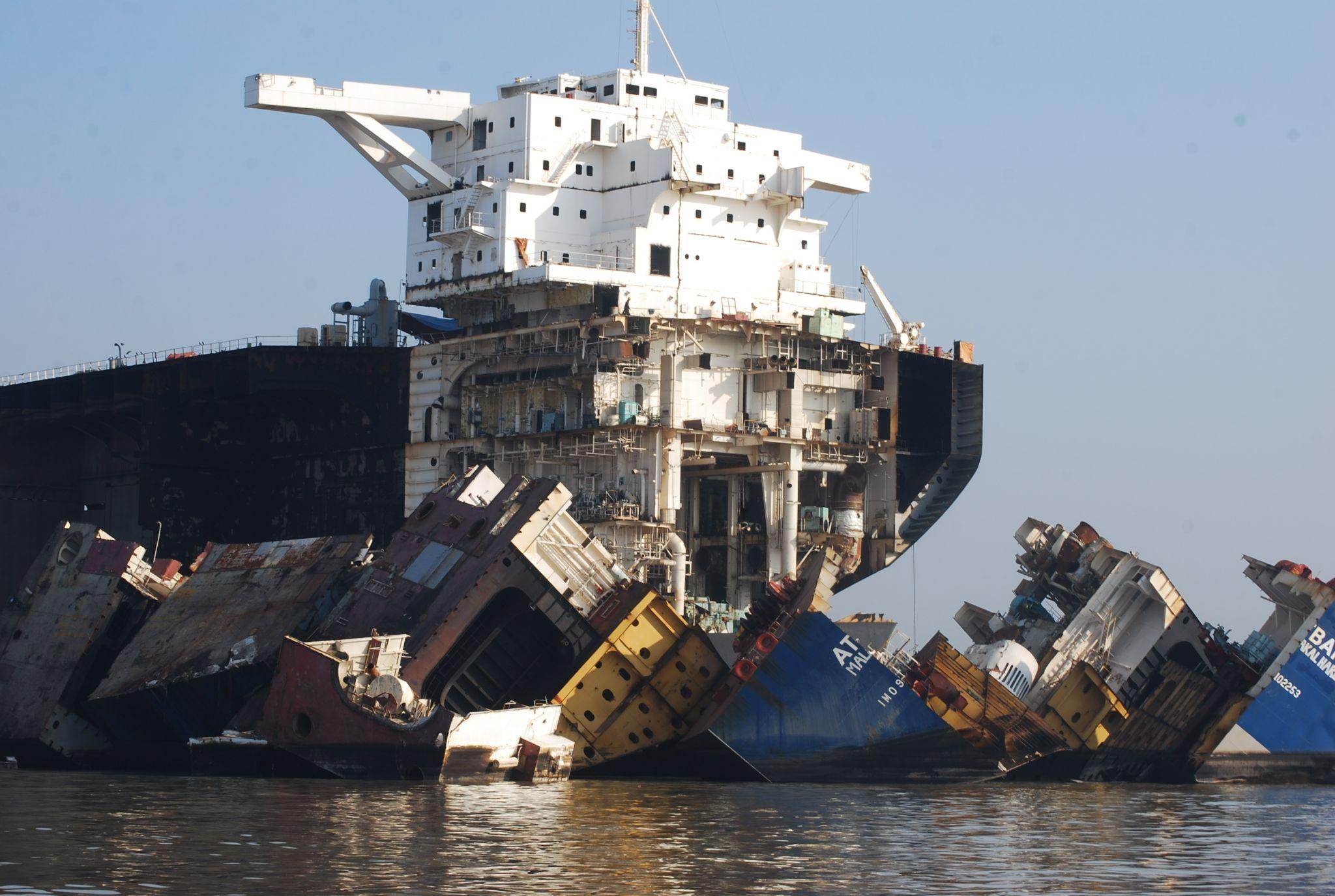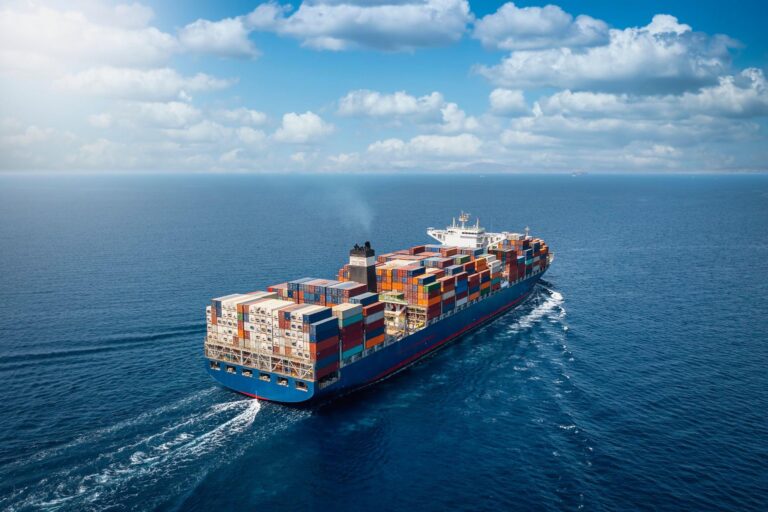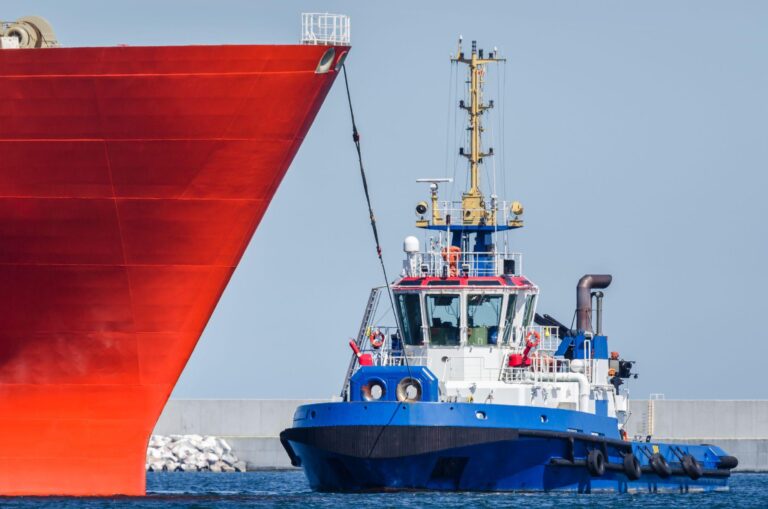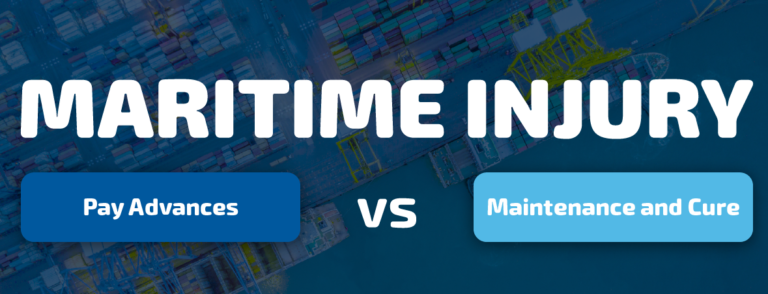Ship-breaking is known as the most dangerous maritime job, and may even be the most dangerous job in the world. Ship-breakers are exposed to all manner of hazards and a high chance of accidental injury on a daily basis, and it is important for those who are employed at a ship-breaking yard to understand the dangers, as well as the rights and benefits they are eligible for.
What Is Ship-Breaking?
Ship-breaking is the act of dismantling an obsolete sea vessel for parts and scrap that can then be recycled or sold. Such vessels are usually sold to the ship-breaking yard when they have become too expensive to maintain or repair, due to wear and tear. In the yard, the ship is then dismantled in its entirety, from furnishings, appliances, and fittings to sheet metal and other materials.
Hazards of Ship-Breaking
There are an endless number of risks and dangers associated with ship-breaking, and shipyard workers should be provided with good quality safety equipment to prevent ship-breaking accidents.
Hazards shipyard workers are exposed to include the chance of injury, due to the sheer size and weight of the ship and the power tools needed to dismantle it, as well as environmental hazards from exposure to toxic materials, noise, and high temperatures.
Common Types of Ship-Breaking Injuries
- Falls – Workers must brave intense heights and dangerous edges to do their jobs.
- Burns – There is always the chance of fires and explosions occurring when breaking down a self-powered floating building.
- Asphyxiation and Toxic Chemical Exposure – Ships are used to carry any manner of cargo that ship-breakers will be exposed to, including toxic substances, chemicals, and oil.
- Crush Injuries – Due to the sheer size of the behemoths being dismantled in shipyards, there is always the chance of some item falling and crushing or striking a shipyard worker.
- Asbestos Exposure – Many old ships were built with materials we now know to be hazardous to our health, such as asbestos, which can cause cancer if it enters the lungs.
- Noise Exposure – The level of noise in a shipyard can be very dangerous to the hearing of the workers.
The Jones Act
This federal law holds maritime employers responsible for the work-related injuries of their employees if it can be proven that there was some negligence or fault on the part of the ship, its officers, or its crew. Workers involved in ship-breaking accidents are entitled to compensation for their medical expenses and missed salaries, as well as damages for their pain and suffering.

Why Choose a Schechter, Shaffer and Harris, L.L.P. Maintenance and Cure Lawyer?
Our maritime attorneys have represented thousands of injured maritime workers in the last 60 years, and have recovered the largest single-claimant, Jones Act settlement in the U.S. Our concern is for the safety of maritime workers, and their and their families’ rights to compensation in the case of injury or death due to negligence or fault on the part of the employer.
Contact Schechter, Shaffer and Harris, L.L.P. today to speak to one of our Maintenance and Cure maritime attorneys to discuss your case.







